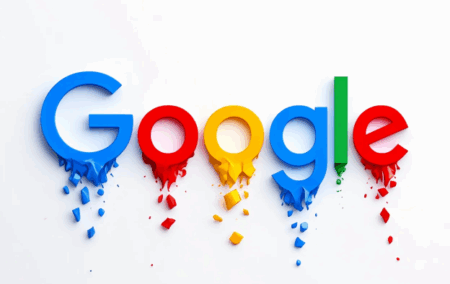More than a year ago, I mentioned in an article that I had stopped using Google Search entirely. I had switched to a then little-known AI chatbot called Perplexity. It was easier to use and more relevant in its responses. Oh, and there were no ads cluttering my screen. Just the pristine answer to my question, which I could easily rephrase slightly if required to get tighter results.
I wondered then whether Google Search could survive. It has been one of the most important legs of anyone’s daily internet usage for decades, unchallenged in its dominance, despite attempts by behemoths like Microsoft, who tried and failed with Bing.
More concerning was the brute fact that search revenue had long been Google’s cash register. What was to become of that stream of reliable revenue if AI was returning search results without users ever having looked at any online ads? Who would want to buy ad space that was being ignored? Their predictable business model was in danger of going up in smoke.
That was then. Now it has gotten even worse. Multiple other AI spawn are now on offer that return concise and perfectly packaged information gleaned from all corners of the web without users ever having glanced at whatever advertising had been placed and paid for.
AI agents will be crawling all over the web soon, billions of them. Who is going to pay for the web if advertising no longer reaches human eyeballs?
In short—we have all used web search for a million things over the last 30 years. Now AI will do it for us. Just tell it what you want. Anyone monetizing via web advertising is under threat.
Not gone unnoticed
Predictably, this has not gone unnoticed at Google. The word that has been bandied about by tech journalists is “panic,” upgraded from “concern” a year ago. Indeed, internal documents from Google have surfaced to make the point—a meeting with Google executives Liz Reid, Vidhya Srinivasan, and Nick Fox was leaked in which the erosion of search to ChatGPT is frankly discussed as a fait accompli.
How much is Google Search worth to Google? It is 56% of their revenue. That is $218 billion (for Google Search and “related” products) out of a total revenue of $386 billion. That was 2024, and the first quarter of 2025 has shown the first signs of what is projected to be a downward spiral. I should imagine the word “panic” now looks a little pallid. The most optimistic projections are that Google Search will gradually and irrevocably shrink. The most pessimistic project a total collapse of that business within a few years.
So, what is Google doing about all this?
Last week at the annual Google I/O conference, the company unveiled an overflowing smorgasbord of new products, every one of them oozing AI from every digital pore. There were so many new products and upgrades that even a summary description causes digestion problems.
So take a deep breath. There is a new version of their chatbot, an AI assistant that can interact with the user conversationally with voice. There are incognito AI overlays on top of traditional Google Search, a startling AI video generator in which AI actors can be imbued with speech and voice (with generated AI music and sound effects also on tap).
There is a new video teleconferencing capability with real-time multilingual translation, a new text-to-image generator, a creative production workflow assistant, an agent that can autonomously complete multiple tasks, an AI code generator, and a 3D videoconferencing app.
And more. You get the picture—flood the zone.
(BTW—if you have not seen what their AI video production can do, just type “Veo 3” into YouTube. You will be flabbergasted, and if you are in any part of the video production business, you should start looking to pivot today.)
Marketing problem
You can see the marketing problem here. It’s too much to absorb, at least in one shot. Because each one of these products is a big deal, each needs a completely different go-to-market strategy, and many of them address completely different market segments.
Not hard to imagine what went on with the Google executives. Seeing the encroachment of AI into their traditional protected search business, Google fashioned a response. It was not “if you can’t beat them, join them.” It was rather “if you can’t beat them, overwhelm them.”
Yes, well. This highlights a dilemma, one that might slap Google in the face. It is that AI apps are not that hard to develop, at least not since the underlying architecture of ChatGPT was published in 2017 (by Google, ironically). There are lots of deep-pocketed players in the space. All the products announced last week by Google may be impressive, but they are not protected by any competitive moat. All will be (or already have been) beset by well-muscled competitors.
Will these new products and upgrades save Google from the big shrink? They are likely to lessen the pain temporarily. And of course, Google (or, more accurately, Alphabet) has other strings to its bow, many of them.
However, there is a larger question. If AI is able to wound every advertiser-driven platform and app by simply acting as an advertising-blind proxy for the human user, where then is the money to be made?
Subscriptions? Freemium models? B2B pivots? It is not clear. One thing is for sure, though. There may be panic in the executive suites of Google. But they are certainly not alone. Cries of alarm are everywhere.
The views of the writer are not necessarily the views of the Daily Friend or the IRR.
If you like what you have just read, support the Daily Friend
Image: reve.art

